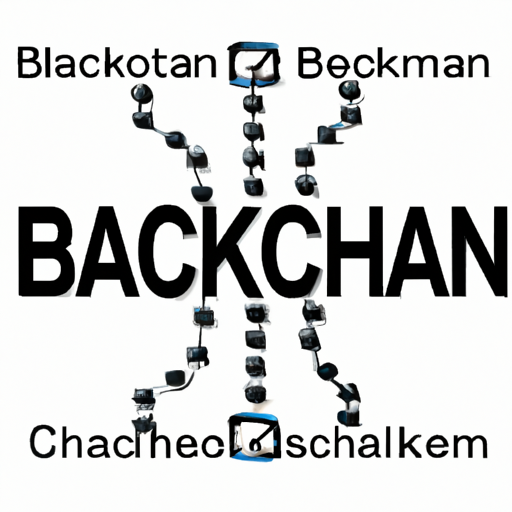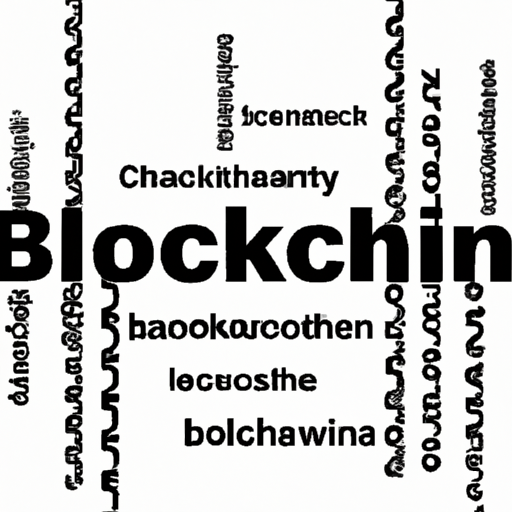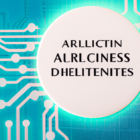In recent years, blockchain technology has emerged as one of the most revolutionary technologies, reshaping industries and the way we interact with digital assets. Understanding blockchain is essential for anyone looking to grasp the current digital landscape.
What is Blockchain?
Blockchain is a decentralized ledger technology that allows digital information to be distributed but not copied. It was originally developed as the underlying technology for cryptocurrencies like Bitcoin, but its applications extend far beyond that.
Key Features of Blockchain
- Decentralization: Unlike traditional databases controlled by a central authority, a blockchain is maintained by multiple participants.
- Transparency: All transactions are visible to all network participants, increasing trust and accountability.
- Security: Cryptographic techniques ensure that data is secure and immutable.
- Smart Contracts: Automated contracts that execute when predetermined conditions are met, improving efficiency.
Applications of Blockchain Technology
Blockchain has the potential to impact various sectors:
- Finance: Banks and financial institutions are leveraging blockchain for faster cross-border payments and fraud prevention.
- Supply Chain Management: Blockchain enhances transparency and traceability, allowing consumers to verify the origins of products.
- Healthcare: Patient records can be securely stored and shared across different healthcare providers.
- Real Estate: Blockchain can simplify property transactions and reduce fraud.
- Voting Systems: Blockchain technology can enhance the integrity of electoral processes.
The Future of Blockchain
As we continue to explore the potential of blockchain, its integration with emerging technologies like Artificial Intelligence (AI) and Internet of Things (IoT) is expected to drive innovation even further. Businesses, governments, and developers are continually searching for new use cases, making it an exciting field to watch.
Conclusion
Blockchain technology is more than just a buzzword; it is a transformative force that can redefine industries and empower users. Understanding its fundamentals is critical for anyone involved in technology, finance, or even everyday transactions in the digital world.
Stay Informed
To keep up with the latest developments in blockchain technology, consider following industry experts and participating in online forums. The future is decentralized!
<em>For more insights on blockchain and its applications, stay tuned for our next posts!</em>





